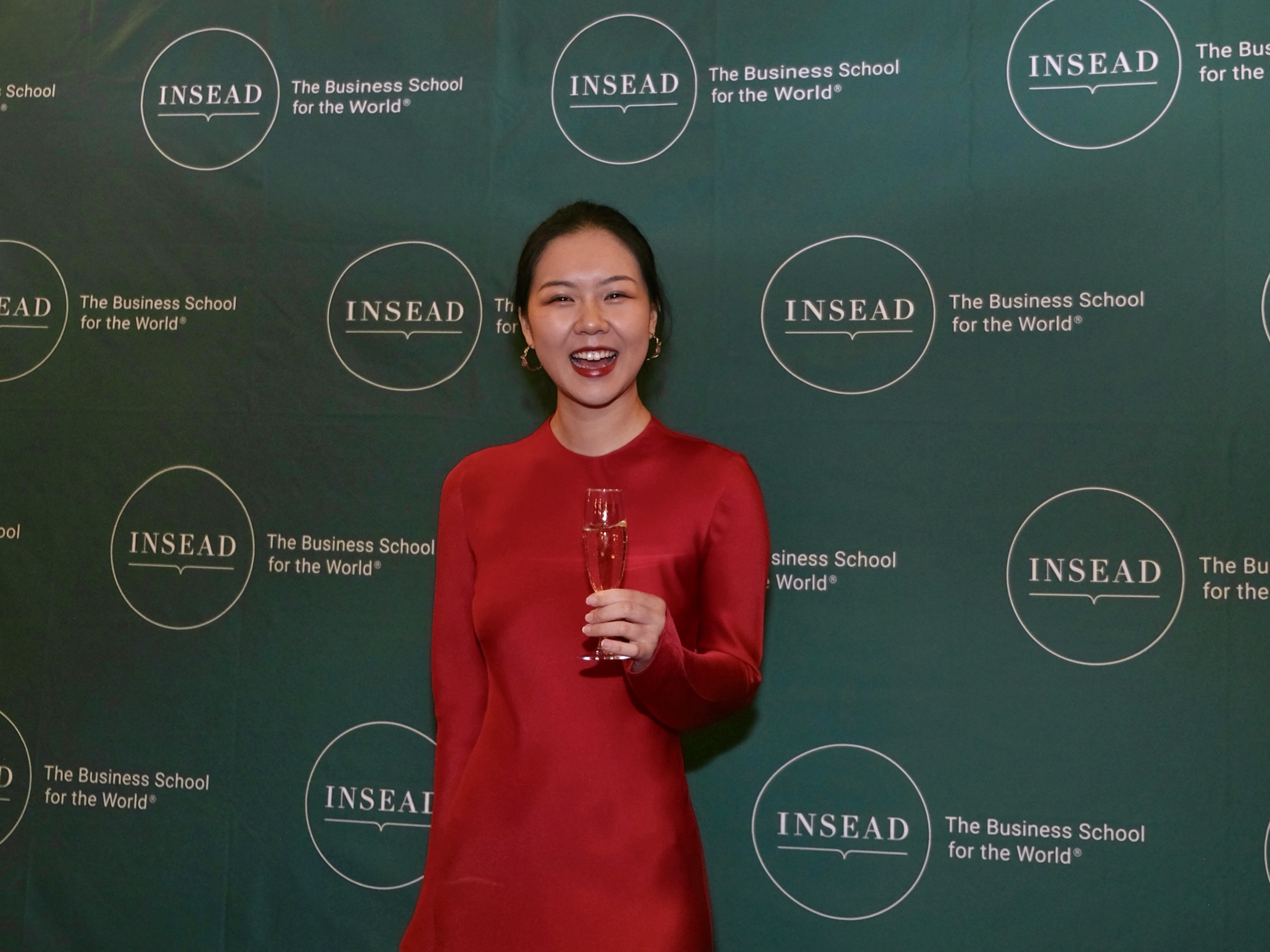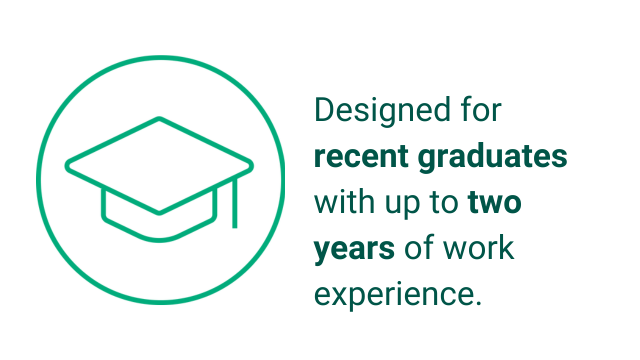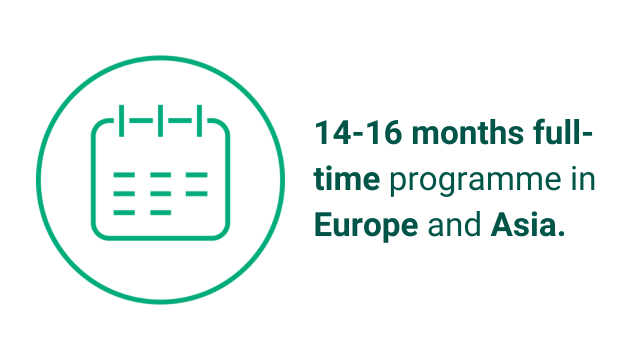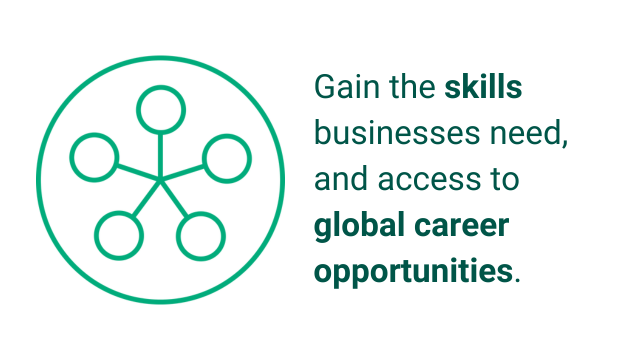Powerful role models can create a ripple effect throughout the industry.
As someone passionate about technology but without a technical background, I taught myself to spot market opportunities for tech applications from a business perspective through hands-on learning and practice.
My personal growth has been deeply shaped by my parents: my father, a physics professor, sparked my love for reading and delving into fundamental concepts; and my mother, who worked her way up from a factory worker to a successful professional in sales in an MNC despite only having a middle school education. She has been an incredibly inspiring example of perseverance and career advancement.
Can you share an experience where you felt inspired by a leader or colleague regarding this topic?
Her ability to stay calm and solve problems under pressure taught me what true leadership looks like.
She not only reshaped my career but also showed me the profound impact a female leader’s support and encouragement can have on unlocking the potential of younger generations.
Her guidance helped me grow professionally and revealed how powerful role models like her can create a ripple effect throughout the industry. When more female leaders step in to support young women in pursuing their career dreams, the entire industry thrives with more innovation and energy.
To break down gender barriers, we first need to increase the visibility of women and encourage them to be more present and vocal.
In my own career, I believe the first step is to persist in my path, continuously embrace challenges and responsibilities, and work on improving my communication skills to seek more opportunities to speak and present. Additionally, just as I’ve been supported by female leaders, I make a point of helping and supporting other women, especially when they face challenges, by offering encouragement and guidance.
However, achieving true gender equality isn't just about women working harder – it also requires the involvement of male allies.
I actively engage in open conversations with my male colleagues, sharing the challenges women face in the workplace, and discussing how to create more opportunities for women to speak up and be heard.
In technology itself, gender barriers still exist.
What steps do you think organisations can take to support young professionals in advancing gender equity?
I once witnessed a situation that made me reflect on workplace gender equality.
During a project meeting, a junior female team member offered a great idea, but as the discussion heated up, her voice faded. Afterwards, she shared her thoughts with me, making me wonder: Do young women tend to stay silent in intense discussions to give others space, especially when their views are challenged?
Many organisations promote DEI ideologies to encourage women’s workplace participation. However, I believe more quantifiable interventions are needed to drive real change in daily work. For instance, while our team emphasised equal speaking opportunities, we sometimes overlooked voices like hers. Since unconscious biases are hard to detect and fully eliminate, we need more precise interventions.
In response, I started asking, “Hey, what are your thoughts?” at key points in discussions.
This approach works well in smaller meetings. Companies can also track speaking frequency, duration, and whether views are acknowledged – quantitative measures that ensure young professionals' voices are heard, boosting their confidence and workplace habits.
Speaking up and participating in decision-making are forms of power.
Organisations can help employees better understand power dynamics by measuring these indicators, fostering a culture of respect and equality. This system can extend to project assignments, promotions, and recognition. I believe this approach will help young professionals develop a stronger awareness of equity, cultivate mutual respect, and promote a more professional workplace culture.
More information about the programme Yaqi attended:
The INSEAD Master in Management is the ideal programme to launch a global career. The innovative learning approach with an applied problem-solving orientation empowers well-rounded, agile-thinking and innovative individuals to make a positive impact in today's society.
Programme benefits:














